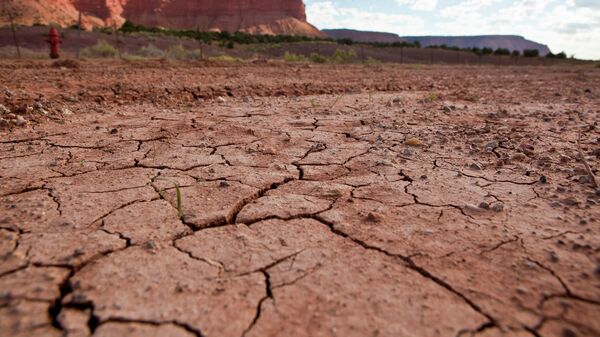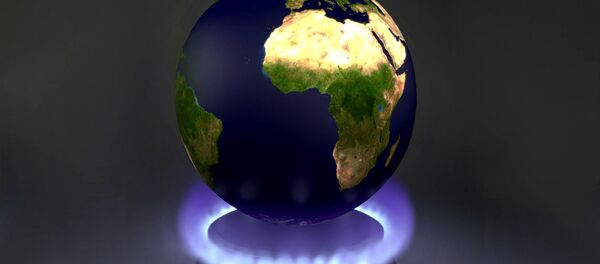Global warming, as a result, is regarded by many as the principal force creating the enormous refugee movements that are now overextending great Western powers, and these movements are expected to grow increasingly disruptive and damaging to humanity. In the last few years, left-wing media and political figures have increasingly blamed ecological devastation brought about by global warming for the world’s catastrophes: from Darfur to the Syrian civil war.
This claim, while seemingly unlikely at first glance, has been slowly gaining traction. While the theory of climate-driven geopolitics was once driven by niche groups or speculated on by UN committees, the subject has become increasingly mainstream in recent years. Both President Obama and Secretary of State John Kerry have attributed the ongoing five-year Syrian Civil War to climate change, at least in part. Their voices have unexpectedly been joined by US Brigadier General Stephen Cheney. The US State Department bigwig has suggested that global warming will soon lead to a "humanitarian crisis of epic proportions," AOL reported.
The fundamental logic is sound: global warming makes the planet’s climate increasingly volatile, leading to drought, flooding and ocean-level rise, which, in turn, leads to resource shortage and human displacement. Shortages and displacement lead to migration and violence. Research suggests that this chain of events is behind ongoing violence in places like Syria and Nigeria.
Many are critical of the theory, however, and some are wholly dismissive. Major General Robert Scales, an analyst and political commentator following his retirement from the military, testified before Congress in March against President Obama’s claims. The Daily Caller reported that Scales claimed that the "administration’s new-found passion to connect climate change to war is an example of faulty theories that rely for relevance on politically-correct imaginings rather than established historical precedent." Scales’s testimony has become a rallying cry for skeptics of the theory, which Scales has termed "junk social science."
Climatology and the social sciences are generally thought to be unrelated fields, and any correlation between the two has been previously relegated to science fiction. While it would appear to be reductive to blame violence and war facing countries like Syria and Nigeria on human-induced climate change, rather than complex economic, political, and cultural factors, mounting evidence for a connection is compelling. But even if the theory is proved to be truth, simply driving Priuses and using recycled paper products will not be enough to bring peace to the Middle East and the other war torn regions of the planet.
But the struggle for limited resources causes conflict, and there is reason to believe that recent resource struggles have been caused, in part, by climate change. It would be just as reductive to say that climate change cannot affect geopolitics, unless, of course, that you do not believe that human-induced climate change exists.




